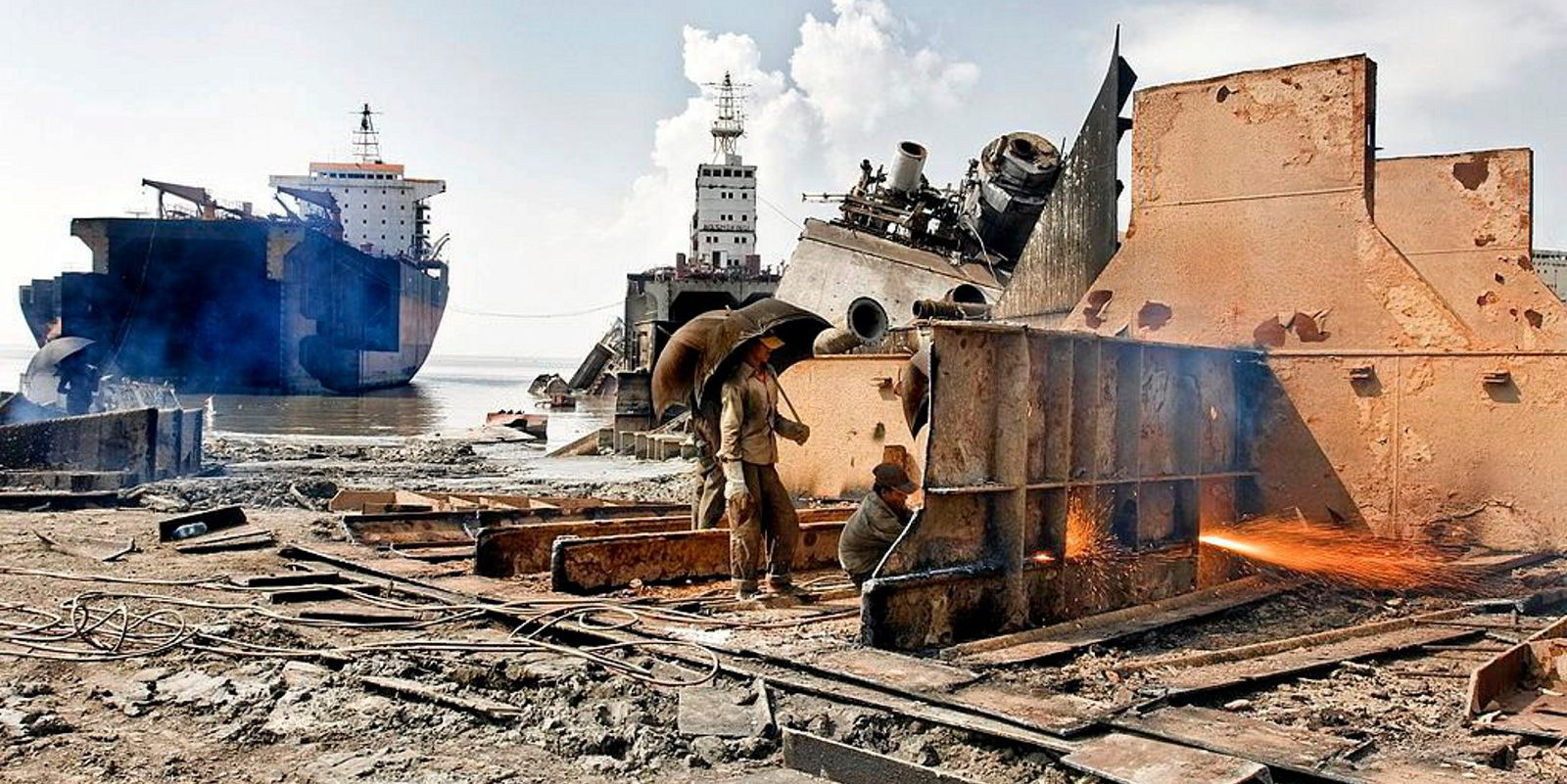A booming market in ageing crude tankers and a downturn in freight rates indicate signs of an emerging multi-tier market linked to the EU ban on Russian imports, brokers said on Tuesday.
Prices secured for VLCCs were until recently considered “inconceivable”, according to shipbroker Seaborne, which points to new owners preparing to pick up trade carrying sanctioned Russian crude.
The deals, which include a reported $52m deal for the 320,800-dwt Maran Aquarius (built 2005), indicate “the existence of multi-tier markets on the freight front, moulded by the disruptions in the oil market as sanctions on Russian oil are about to peak,” said the Greece-based shop.
French shipbroker BRS said on Monday that 20 vintage crude oil tankers, including seven VLCCs, changed hands in September “all of which would make good candidates to eventually haul Russian crude”.
The EU will ban the import of seaborne Russian crude on 5 December. The measure will be coupled with restrictions on the supply of maritime services, such as finance and insurance for trades outside of the 27-nation bloc.
The EU’s leadership has announced that it wants to introduce an oil price cap as part of an eighth round of sanctions.
A cap would drop the restrictions on Russian exports to third countries, but relies on the unanimous agreement of member states. The plan’s architects want to reduce the scale of Russian oil profits to help fund its war in Ukraine.
Backers of the US-championed plan say it has already succeeded in improving the negotiating positions of countries who are not part of the cap, such as India and China, as they seek cut-price Russian crude.
The sanctions open the way for a so-called ‘dark fleet’ of dozens of ships operating outside the mainstream shipping industry. They have previously been seen carrying Venezuelan and Iranian crude and have adopted tactics including turning off AIS to disguise their movements.
Shift in fortunes
The booming second-hand tanker market comes as the main crude tanker indices have dropped off from highs not seen for more than two years.
Broker Allied Shipping suggested that the decline in rates was a “remarkable shift in fortunes” over the past month that indicated the buoyant market was close to running its course.
The broker said expected Opec+ production cuts this week aimed at keeping prices above $90 a barrel and a global downturn could smother economic activity that hits demand for oil
“For the time being it looks as though the tanker market will just have to make the most of what it has been given and hope that things don’t turn sour too quickly,” said its head of research George Lazaridis.




